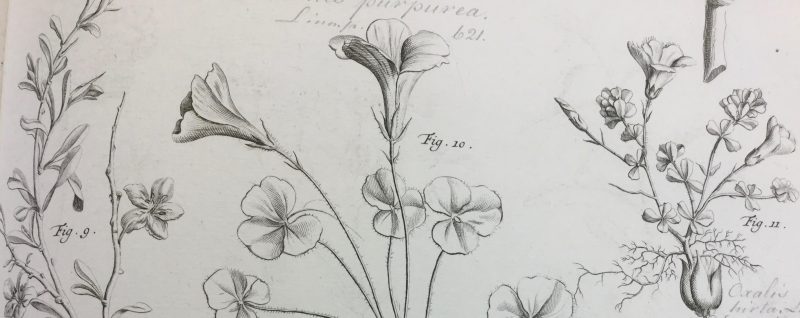 The life of one day is enough to rejoice. Even though you live for just one day, if you can be awakened, that one day is vastly superior to one endless life of sleep. . . . If this day in the lifetime of a hundred years is lost, will you ever touch it with your hands again?
The life of one day is enough to rejoice. Even though you live for just one day, if you can be awakened, that one day is vastly superior to one endless life of sleep. . . . If this day in the lifetime of a hundred years is lost, will you ever touch it with your hands again?
Zen Master Dogen
 I see your argument about horses, the World Spirit, and about tomfoolery and disrespect, as well as why and how all these elements are so connected to each other.
I see your argument about horses, the World Spirit, and about tomfoolery and disrespect, as well as why and how all these elements are so connected to each other.
Pussy Riot did turn out be a part of this force, the purpose of which is criticism, creativity and co-creation, experimentation and constantly provocative events. Borrowing Nietzsche’s definition, we are the children of Dionysus, sailing in a barrel and not recognising any authority.
We are a part of this force that has no final answers or absolute truths, for our mission is to question. There are architects of apollonian statics and there are (punk) singers of dynamics and transformation. One is not better than the other. But it is only together that we can ensure the world functions in the way Heraclitus defined it: “This world has been and will eternally be living on the rhythm of fire, inflaming according to the measure, and dying away according to the measure. This is the functioning of the eternal world breath.”
We are the rebels asking for the storm, and believing that truth is only to be found in an endless search. If the “World Spirit” touches you, do not expect that it will be painless.
Nadezhda Tolokonnikova of Pussy Riot writing to philosopher Slavoj Žižek
 When there is understanding and a set of values that encourage sharing, then the limitations, the needs, and the lacks of any given life can be acknowledged and effort can be put into using material supports with compassion. This is also true in cases of deprivation; surely a major contributor to this is the greed and exploitation of others, which has its source in identification with material prosperity. If we could all accept the experience of limitation on our resources and comforts, if affluent people’s standard of living were not so high, there would be fewer people who felt, and actually were, “poor.” Maybe with more sharing, there would be less severe physical deprivation. Instead of creating golf courses in the desert, or seeing air-conditioning, two cars, and countless television channels as necessities of life, we could try to accept limitations to our material circumstances and acknowledge that there is suffering.
When there is understanding and a set of values that encourage sharing, then the limitations, the needs, and the lacks of any given life can be acknowledged and effort can be put into using material supports with compassion. This is also true in cases of deprivation; surely a major contributor to this is the greed and exploitation of others, which has its source in identification with material prosperity. If we could all accept the experience of limitation on our resources and comforts, if affluent people’s standard of living were not so high, there would be fewer people who felt, and actually were, “poor.” Maybe with more sharing, there would be less severe physical deprivation. Instead of creating golf courses in the desert, or seeing air-conditioning, two cars, and countless television channels as necessities of life, we could try to accept limitations to our material circumstances and acknowledge that there is suffering.
This acknowledgment doesn’t require that everyone should feel wretched; rather, it’s a matter of learning to know and accept that this earthly realm is one of limitation. When we wake up to how human life on this planet actually is, and stop running away or building walls in our heart, then we develop a wiser motivation for our life. And we keep waking up as the natural dukkha [suffering] touches us. This means that we sharpen our attention to catch our instinctive reactions of blaming ourselves, blaming our parents, or blaming society; we meditate and access our suffering at its root; and consequently we learn to open and be still in our heart. And even on a small scale in daily life situations, such as when we feel bored or ill at ease, instead of trying to avoid these feelings by staying busy or buying another fancy gadget, we learn to look more clearly at our impulses, attitudes, and defenses. In this way dukkha guides and deepens our motivation to the point where we’ll say, “Enough running, enough walls, I’ll grow through handling my blocks and lost places.”
Ajahn Sucitto


